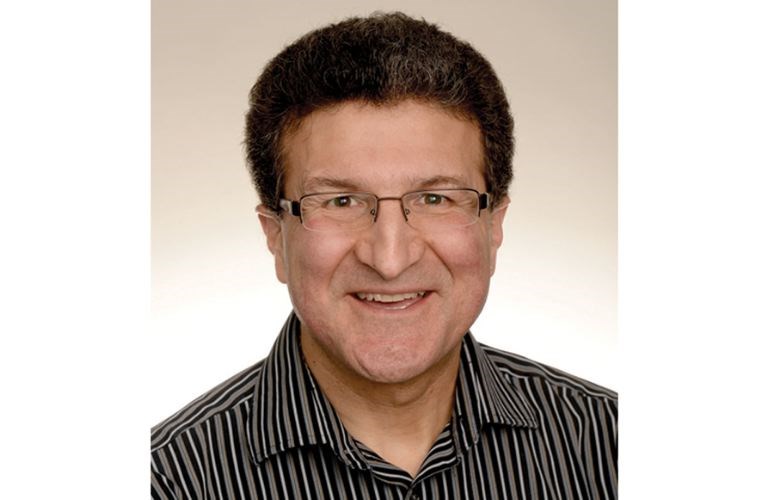A sign that a person has reached maturity is that we no longer blame others for our problems. When we have done wrong, we take accountability and do our best to make reparations. If the same can be said of nations, then Canada came of age on June 11, 2008, when Prime Minister Stephen Harper and all members of parliament of all parties offered a formal apology to our aboriginal population for the crimes committed in the residential school system. Some feared that this would be nothing but empty words; but, several years later, this statement is having a positive impact on our country.
The apology left no doubt that the aboriginal peoples of Canada were victims of unspeakable crimes against humanity. This has opened the door to healing. There is no more justification of the residential school system. It was an attempt to destroy a culture and its impact was devastating to a beautiful, rich, and deeply spiritual way of life. When I teach this topic in school I no longer need to be concerned that it is too controversial or in any way debatable. I can confidently speak and tell my students that a crime was committed and that we are all part of the healing process.
As a mature country, we embrace the challenge of righting wrongs and rebuilding. The apology is wonderful, but it needs to involve some kind of action or reparation. We need to ask ourselves what the victims of such crimes need. They first of all need to be able to tell their stories and be believed with compassion. They also need to reconnect with their communities. I believe that much can be done through education. By admitting our faults to our children, we gain legitimacy. We also allow our aboriginal people to have a voice, to tell their story and be heard.
Statistics show that we have a long way to go in our healing process. Poverty and mortality rates are higher for aboriginal peoples. Rates of violence against women are higher, as are suicide and incarceration rates. These will change as the healing process progresses.
I have a significant number of First Nations students in my classes. Though they did not attend the residential schools, they too are victims of the residential school system. They need to understand this to be able to look at their elders with compassion. They also need to know that their culture is beautiful, and that it needs to be celebrated. The way of thinking behind the residential school system actually seems so foreign to us, so un-Canadian. Today we cherish and celebrate our ethnic diversity. Why on earth would we ever want to destroy other cultures and make people feel shame for who they are? But that is what we did.
As Canadians honour and join in the celebration of aboriginal culture we embrace what it means to be Canadian in the 21st century. Admitting our faults and making the necessary reparations establishes us as global leaders that our descendants can be proud of. Our task has only just begun.



